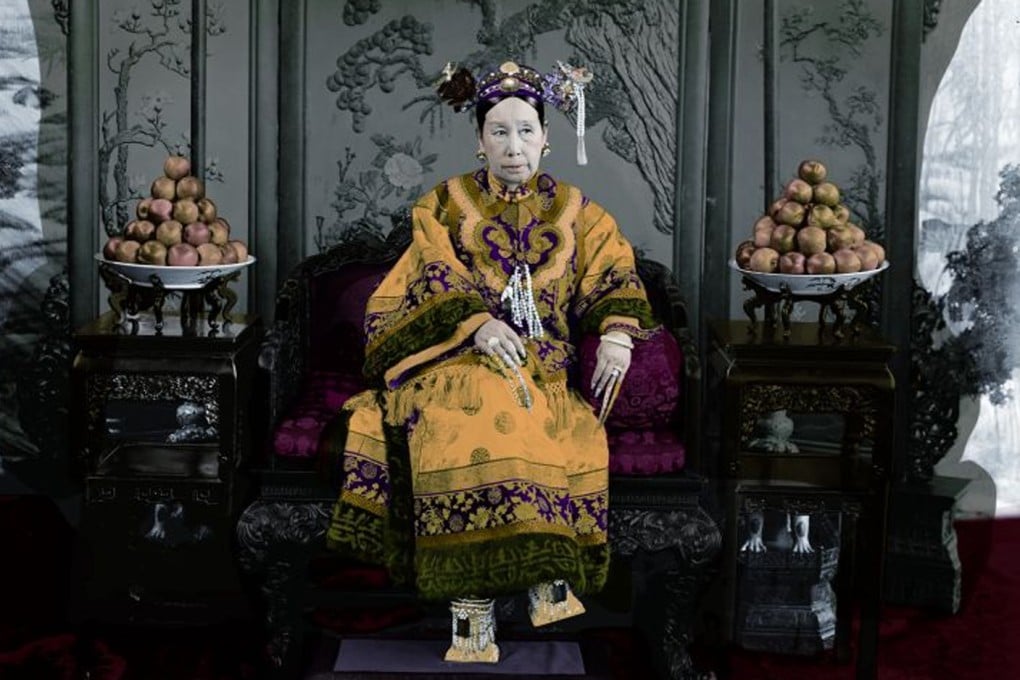Reflections | Riddled with corruption, China’s first nationwide elections were a flawed, short-lived but worthy experiment
- Held in 1909 in a desperate attempt to protect the ailing Qing dynasty, the elections were tainted by rampant vote-buying and unlawful seizures of ballot boxes
- The biggest winners were the conservative faction, whose members dominated the provincial assemblies

The past few weeks have seen two important elections on both sides of the Pacific.
The results of the midterm elections in the United States saw the Republican Party’s anticipated “red wave” splutter down the drain.
On the other side of the ocean, Malaysia held its 15th general election on November 19, which resulted in the country’s first hung parliament.
A few big names in Malaysian politics were voted out. Two-time prime minister Mahathir Mohamad spectacularly lost his election deposit, meaning that he failed to receive even one-eighth of the total votes cast in his contested seat.

The first nationwide elections in modern China were held in 1909. In a desperate attempt to modernise and safeguard the ailing Qing dynasty, Empress Dowager Cixi approved the New Policies in 1901, three years after she had scuppered similar reforms launched by her nephew the Guangxu Emperor.
To usher in a constitutional monarchy the imperial court had decreed the formation of an Advisory Council, a preparatory body for a future parliament. Half of the members would be appointed by the emperor, with the other half elected by provincial assemblies. In 1909, these elections were called in the name of the three-year-old Xuantong Emperor.

